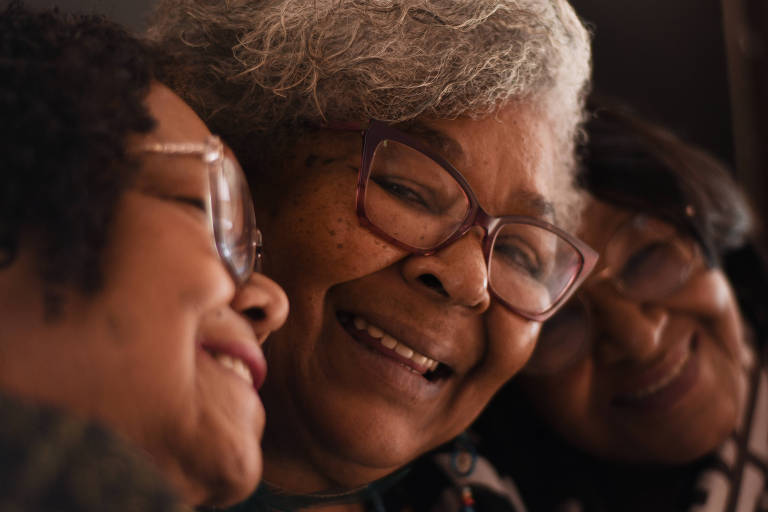Aging is not easy, but it is even harder for someone who is black, and Terê Cordeiro, 70, a former housemaid, lists one of several examples to illustrate:
"If a white elderly woman arrives at the emergency room of a public hospital, the service is bad. But if it's a black elderly woman who arrives, the service is much worse."
What she and so many elderly black people feel in their own skin was translated into numbers by a recently launched survey, entitled Aging and Racial Inequalities, carried out by the Brazilian Center for Analysis and Planning in partnership with Itaú Viver Mais.
The study interviewed 500 people over 50 years old, in person, in their homes, in the cities of São Paulo, Salvador, and Porto Alegre, in 2021. The study presents the active aging index which ranges from 0 to 100. The closer to one hundred, the better.
Considering the three cities and the different age groups, in most of them the white population has higher rates than the black population.
Among people aged 60 to 69 in the city of São Paulo, for example, the active aging index of black women is 51, while that of white women is 53.3.
Lúcia Xavier, the general coordinator of the NGO Criola, which defends the rights of black women, has pointed out that "reaching old age, especially in the case of the black population, means overcoming processes of violence and discrimination".
Translated by Cassy Dias
